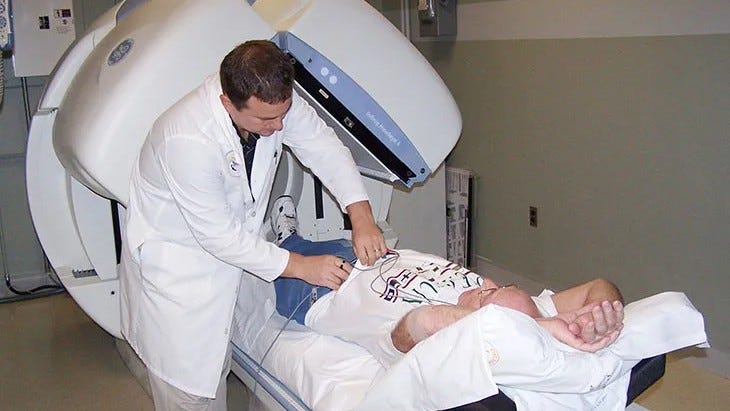
The Department of Veterans Affairs recently announced several critical new steps to expand preventive services, health care, and benefits for veterans with cancer.
According to a release, VA is making urethral cancers presumptive for service connection for eligible Gulf War and post-9/11 veterans in the next 90 days. Gulf War and post-9/11 veterans who deployed to Iraq, Afghanistan, Somalia, Djibouti, Egypt, Jordan, Lebanon, Syria, Yemen, Uzbekistan, and the entire Southwest Asia theater of operations will not need to prove their service caused their urethral cancer to receive benefits for it; instead, VA will automatically assume service connection for the disease and provide benefits accordingly to veterans who have submitted claims.
“Cancer impacts far too many veterans every year, and under President Biden’s leadership of the Cancer Moonshot, we are fighting to end cancer as we know it,” said VA Secretary Denis McDonough. “These steps will help us save lives and provide the world-class care and benefits that veterans with cancer so rightly deserve.”
In the next 90 days, urethral cancers will also be added to the list of more than 300 conditions considered presumptive under the PACT Act.
VA is additionally beginning the process to formally evaluate urinary bladder and ureteral cancers for presumptions of service connection for eligible Gulf War and post-9/11 veterans. Over the coming months, it will evaluate whether there is a relationship between urinary bladder and ureteral cancers and toxic exposures for Gulf War and post-9/11 veterans who deployed to Iraq, Afghanistan, Somalia, Djibouti, Egypt, Jordan, Lebanon, Syria, Yemen, Uzbekistan, and the entire Southwest Asia theater of operations. VA will then determine whether these conditions become presumptive conditions for veterans who served in those locations and time periods.
Access to genetic, lung, and colorectal cancer screening is also being expanded. By the end of the year, VA will offer genetic testing to every veteran who may need it, which will help it understand, treat, and ultimately cure some patients with cancer by reading the code locked in their DNA.
VA will also bring a lung cancer screening program to every VA medical facility, which will help save the lives of the nearly 5,000 veterans who die from lung cancer every year and will expand screening for colorectal cancer by providing more than one million veterans nationwide with tests that can be completed in the comfort of their homes.
VA continues to expand the reach of smoking cessation services nationwide. As the 1-855-QUIT-VET tobacco quitline and the SmokefreeVET text message program pass their 10-year anniversaries of service, VA will add at least six additional sites to the Quit VET eReferral program by the end of 2024.
“VA is planting the seeds for the future of cancer care,” said VA Under Secretary for Health Dr. Shereef Elnahal. “By investing in screenings, expanding access, and embracing cutting-edge technologies, VA is revolutionizing cancer care delivery, providing the best care possible to our nation’s heroes.”
For more information about VA cancer care, visit here.
Reach Julia LeDoux at Julia@connectingvets.com.
